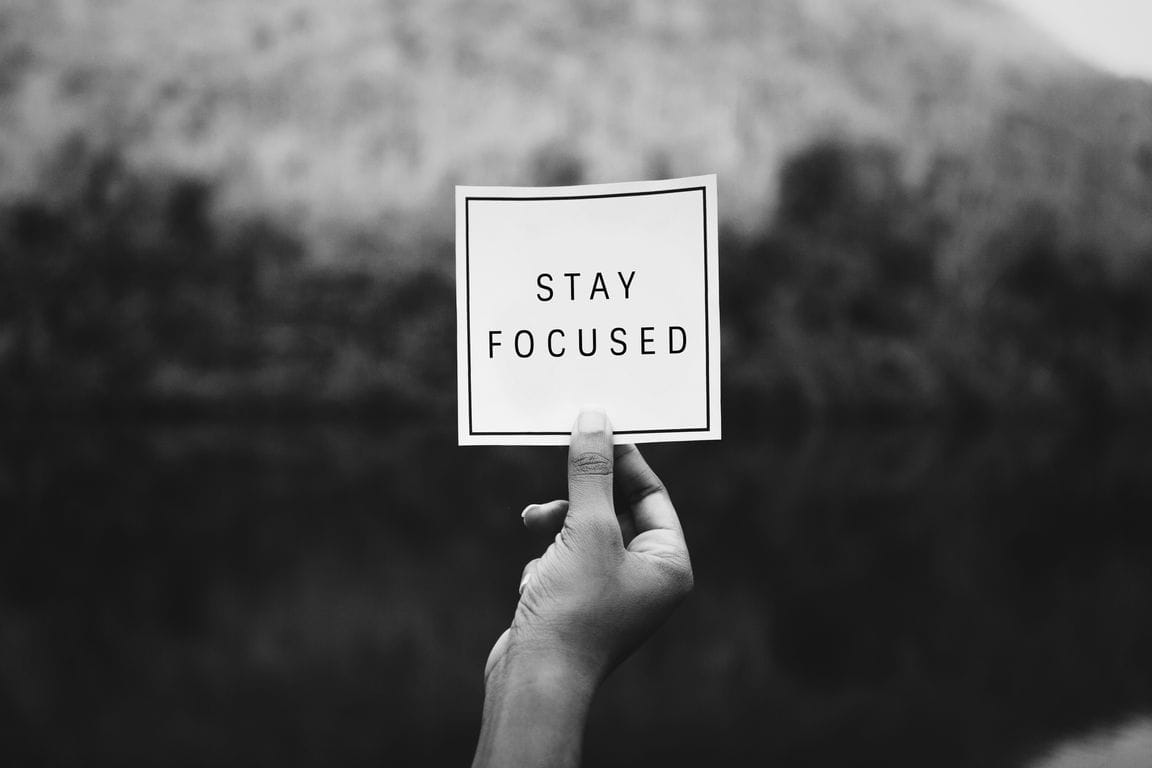Every day we are forced to make dozens, if not hundreds of small and important decisions that determine our future path. As a rule, the choice of “what to buy: pizza or sausage” is made within a couple of minutes at most, but there are cases when further life or career depends on making a balanced decision. For many, the need to make a fateful choice in such situations causes panic and a desire to choose at least something without thinking about the consequences.
Below are some tips from psychologists to help determine priorities and cope with emotions when making important decisions.
1. If several tasks require solutions at the same time, you can try to do the following: divide them into urgent and non–urgent, and then into important and unimportant. You will need to prioritize tasks with a clear deadline that will have an impact on your future work and that only you should complete. If among the important tasks there are those that can be shifted to others, do not neglect this, the ability to delegate tasks makes life much easier. Everything that is not critically important and not urgent can be postponed until the disappearance of force majeure.

Photo: ru.freepik.com
2. Advices are never be excessive. Asking them from others is not a sign of weakness or ignorance, often other people's advice allows you to look at the problem from a different angle and makes it easier to make difficult decisions.
3. To switch off emotions. This can be complicated, but here the method comes to the rescue when you start thinking of yourself and your problem as if in the third person. It is possible to try to discuss this problem with yourself, but thinking of yourself as a stand-by. It is known that we often perceive other people's problems less emotionally than our own, so it is always easier to make informed decisions “not on emotions” from the position of an outsider.
4. If a difficult and emotionally spending problem doesn’t require a momentary solution, you can give it “to lie down”. Stop thinking about it every minute and “wind up” yourself. Such tactics is called deliberation-without-attention. You can think about it in the background, simultaneously solving other tasks.
5. Consider the consequences, both positive and negative. It is important to understand at least approximately what events this or that choice will entail, how it can affect career, financial level, health, family. When considering possible negative consequences, it is also important to outline at least an approximate plan for overcoming them.

Photo: ru.freepik.com
6. Evaluate the ratio of possible positive and negative changes after making an important decision. If there are more of the latter, no matter how attractive the choice may seem to you for momentary benefit or pleasure, it is better to refuse this option. Often, the troubles that follow such an emotional choice are completely not worth the pleasures or benefits that can be purchased.
7. Collect as much information as possible related to the issue on which a decision needs to be made. For example, if you plan to move to another country, the more you know about the political, economic and social life of this country, the easier it will be to understand whether the future relocation is worth the possible risks.
8. At the same time, it is necessary to limit the consumption of negative information, its abundance can cause unnecessary panic and force you to make a decision "on emotions". It also works with an abundance of positive examples, they greatly distort the true picture.
Thus, the main methods for making informed decisions can be called prioritization, receiving advice (you can follow them according to the situation), collecting important information and the ability to emotionally abstract.
Sources: l-a-b-a.com; incrussia.ru
Also read:

